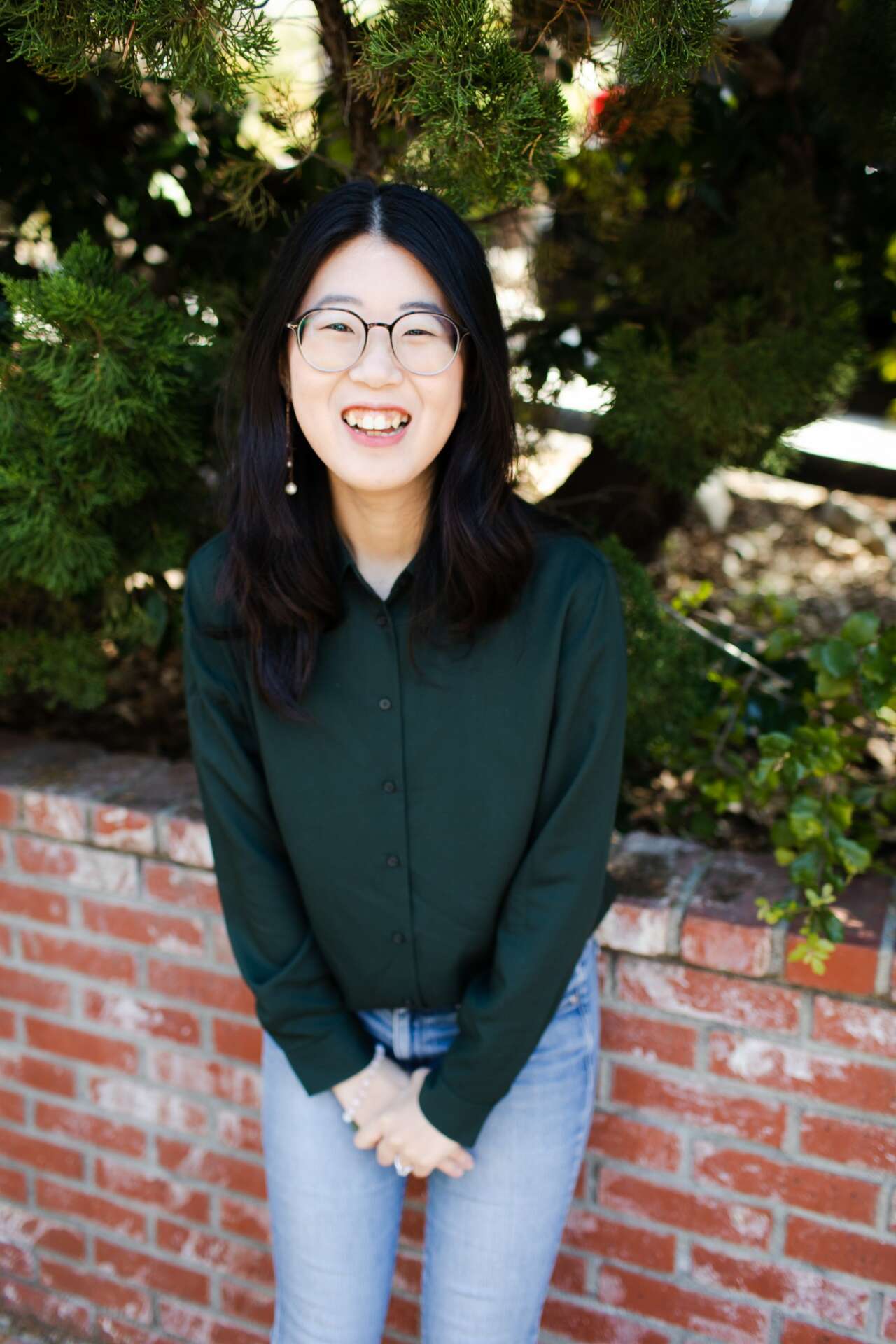We caught up with the brilliant and insightful Lucia Wang a few weeks ago and have shared our conversation below.
Lucia, looking forward to hearing all of your stories today. Can you talk to us about a project that’s meant a lot to you?
My first meaningful project was definitely Love, Antosha that I first interned right after I got out of film school. It was a documentary about a late actor who’s gone-too-fast called Anton Yelchin, and I was a big fan of him. It was a February before I graduate, and I was aimlessly searching about him – and I saw that his foundation mentioned that his documentary was being made. It was a miracle moment, that I thought this would be my last chance to “work with him” in my life – So I emailed the foundation, asking if they need another assistant editor, got nothing replied (which makes sense). After that, I didn’t give up and cut a 6-minute documentary about him, and send it to the foundation again. Weeks later, the foundation guy texted me, saying that “Anton’s mom likes that short, and wants to talk to you”.
It was during a family hot pot when I got the call from Anton’s mother. She was super nice, and I was trembling and not knowing exactly what to say. I only remember in the end she asked me if I was planning to go to LA any time soon, and I did planned to do that during the spring break to visit Anton’s cemetery. She said “let’s meet then”.
And we met to talk, at the cemetery, just near Anton, for a whole afternoon. After that, she brought me into the office and let me interned.
It was an amazing journey to work in that office as an intern. Not only it’s my first job in Hollywood, also because it was such a tiny office and tiny crew, which bonded me with the director editor, producer and first assistant editor so tightly with such an emotional film as topic. We four people echoing each other with love to Anton, and respect to him, listening to all the emotional interviews about life and death, about how to live your life, is already a magic. Furthermore, our director was such a great mentor that listens to our feedbacks and feelings, and having an open heart to my thoughts; it was a great, cozy, intimate emotional feeling in that office that we’re together to memorize Anton’s life.
By that several months, I learned a lot from every of them and Anton himself. It’s a mind-shaping experience that I can’t stop comparing every single gigs that I’m working on with this one. It freezes a glimpse of Anton, a 90-minutes of his life, and that’s so meaningful when I see his family and friends watching it, remembering him, and also strangers getting to know him.
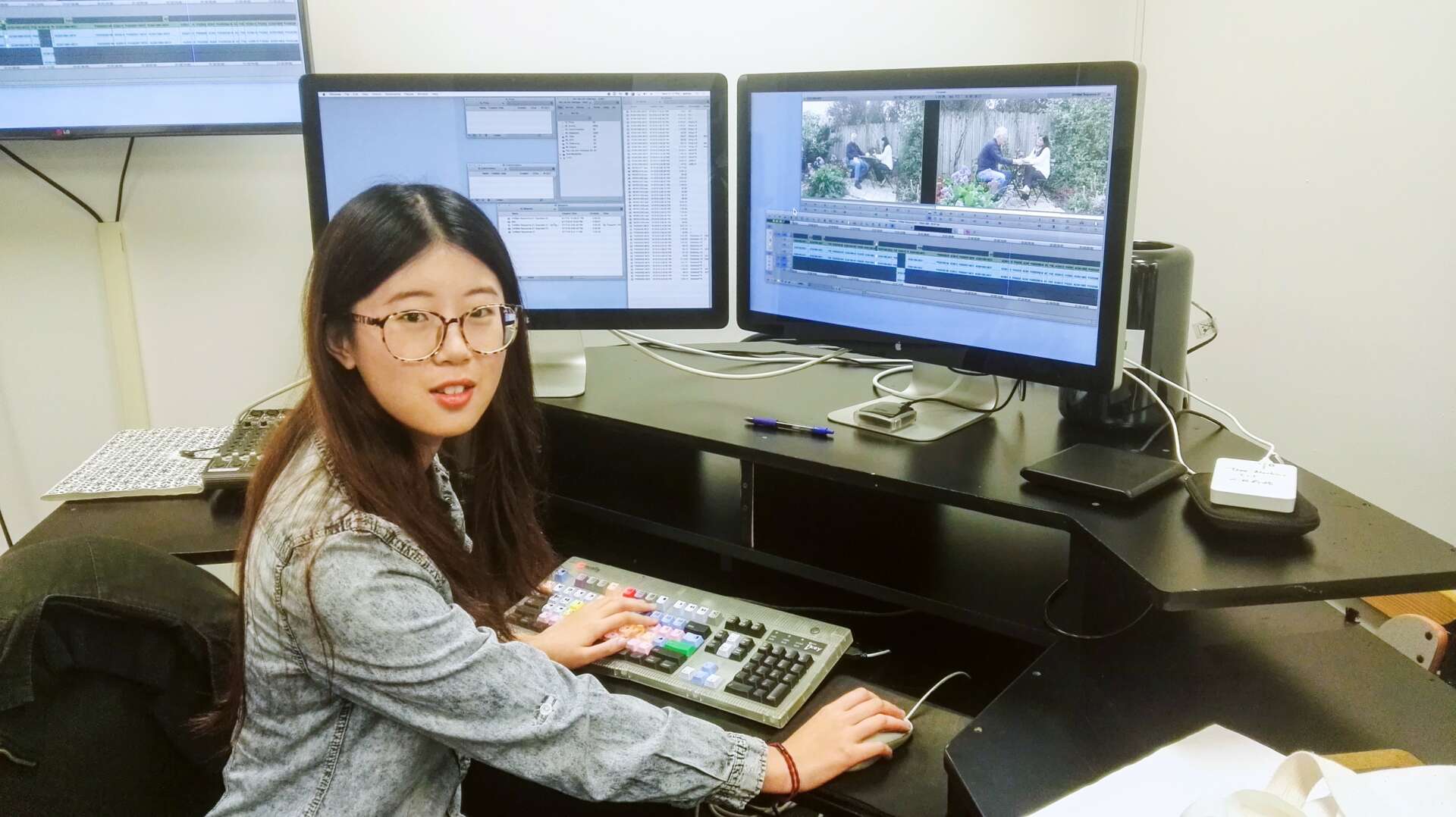
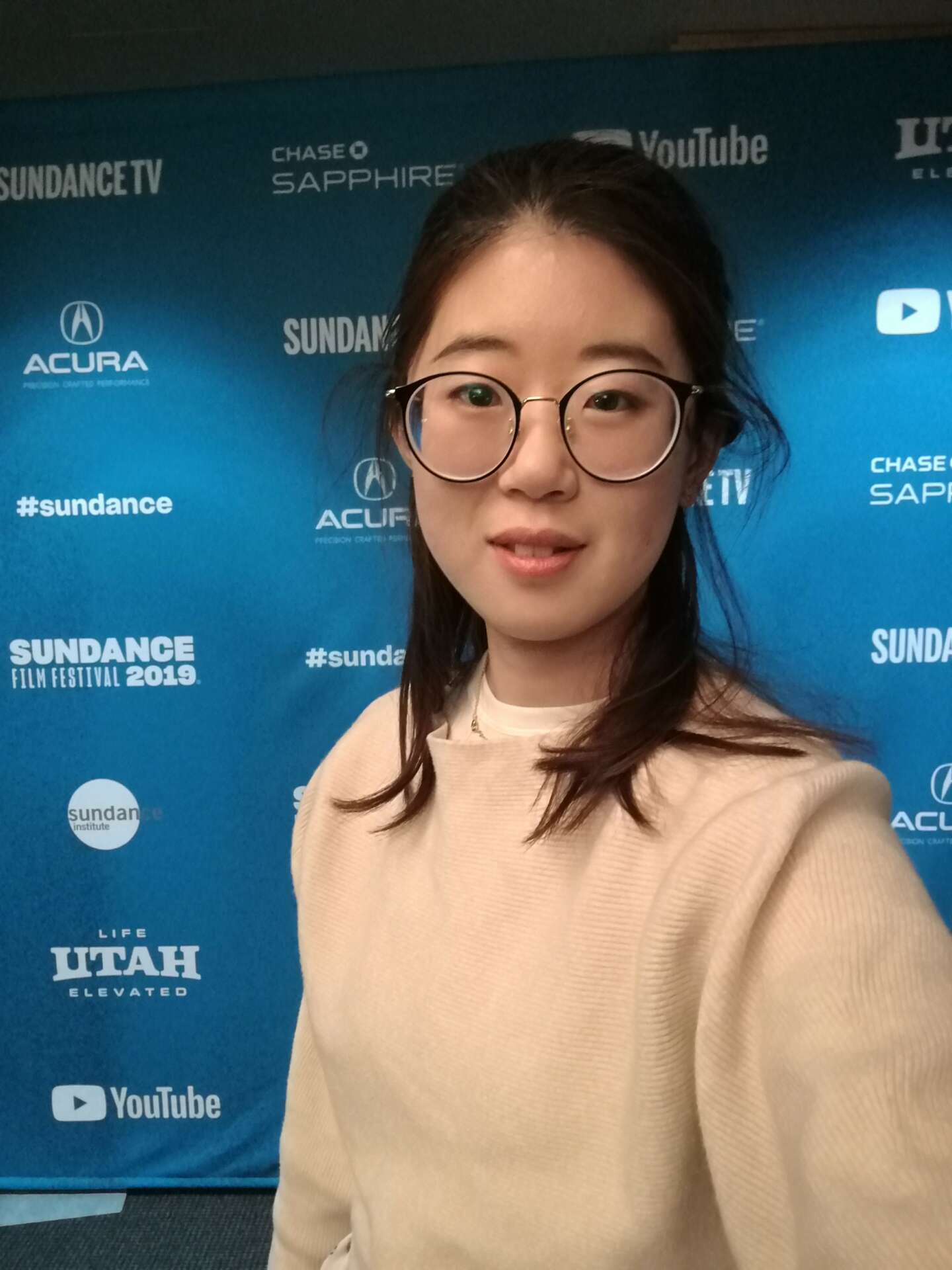
Awesome – so before we get into the rest of our questions, can you briefly introduce yourself to our readers.
My name is Lucia Wang, a Chinese editor/assistant editor/storyteller based in LA. To conclude my core value, I will say it’s always empathetic, communicative, creative and love to the good craft. I love to touch people’s heart using my professional skill, find stories that echos with my heart, and help to expand it, to let it touch even more people. As an editor, I always see myself as a storyteller. Every time I see a story, it echos with me, and there’s always another half of me sitting there observing myself with curious on how I am feeling right now, and why am I feeling that, and most importantly – how do I express this feeling to let everyone echos with me even more? Thinking of that, I try to use every tools that I can use to make the story shine. Finding the best take, polish the cut, help with pacing, do sound design… Every detail matters to make the story become an experience, and giving my audience a 360 feeling that they’re in there, with the characters.
I always see film as an empathy machine that puts you in a magical sub-conscious area, that let you immerse into some other’s situation and learn other’s perspective. This power comes from the ancient time when our ancestors talks about gods or goddesses, about nation to gather people’s strength, about a dream that people can work together, about understanding others’ pain and happiness, and now it’s in my hand.
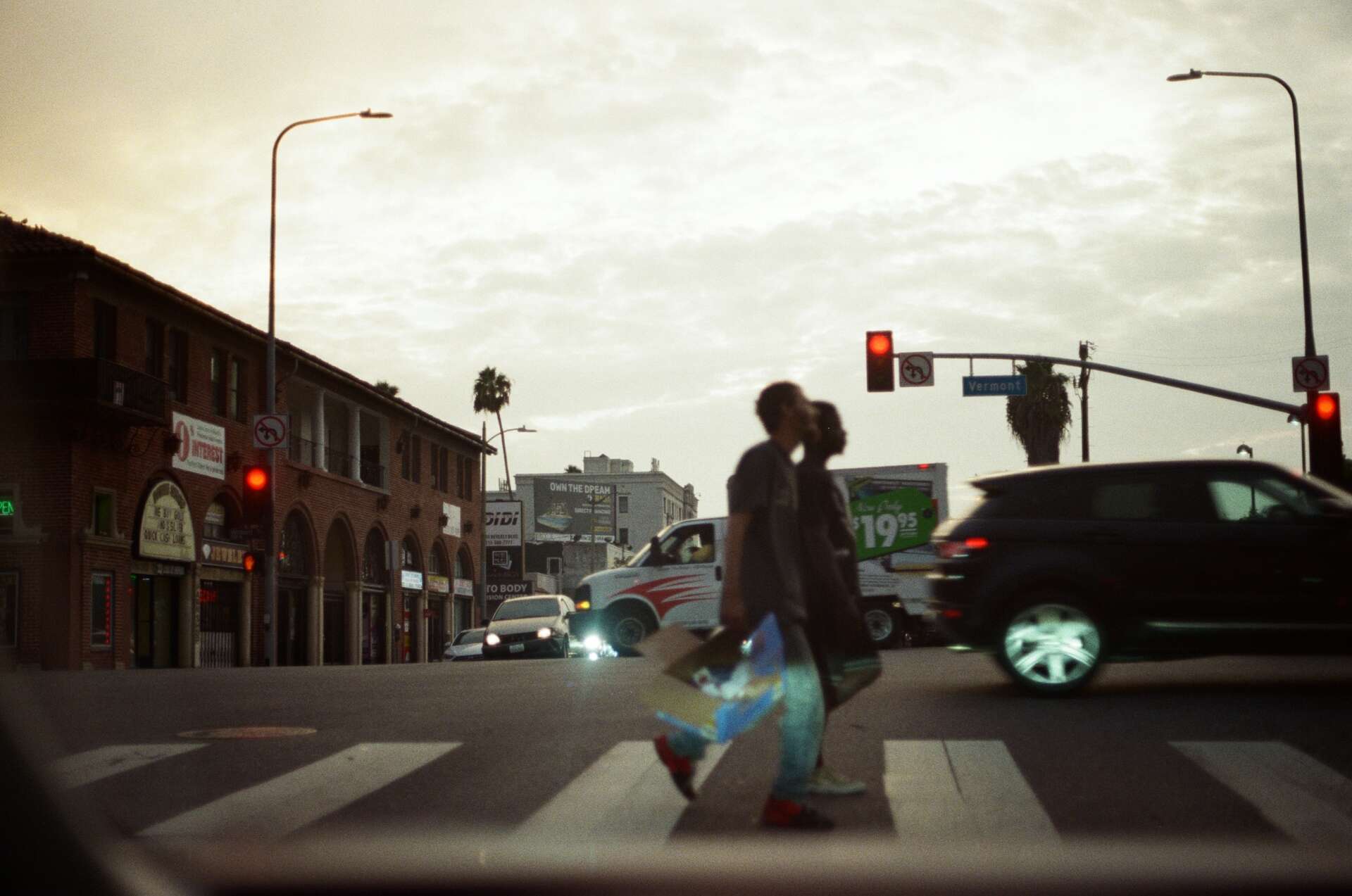
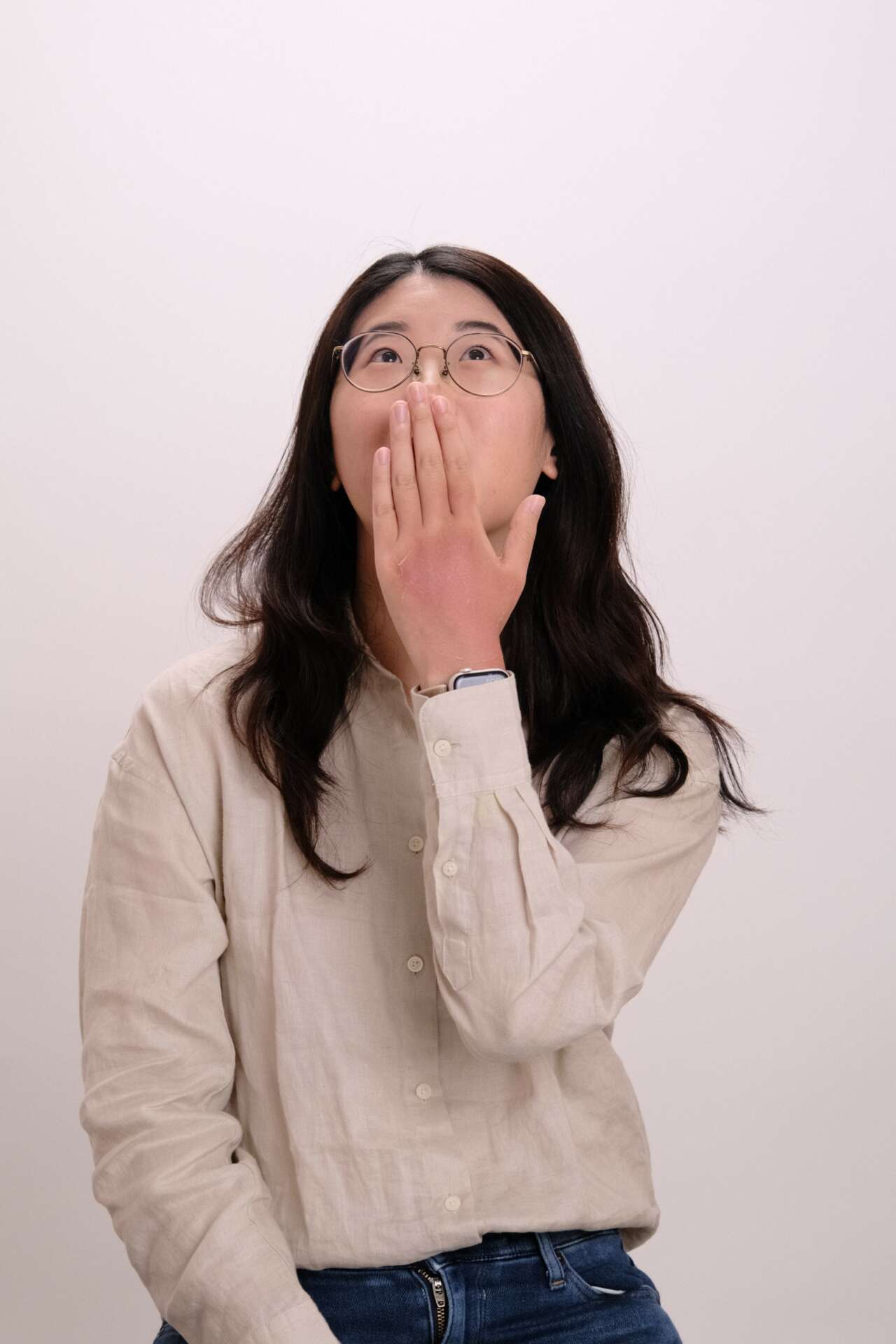
Looking back, are there any resources you wish you knew about earlier in your creative journey?
I really wish I knew more about Zack Arnold’s Optimize Yourself community. Being creative is important, but when you’re getting too creative, it’s more of a course of how do you manage your time/energy/wellness, how do you priority your value, and get them done healthily without burn yourself out. By following his podcast and reading his materials, he opens several new doors about how to network with people with a healthy mindset, how to deal with bargain, how to keep boundaries and plan for the future – those are more of a modern world mental survival kit. That really helps a lot.
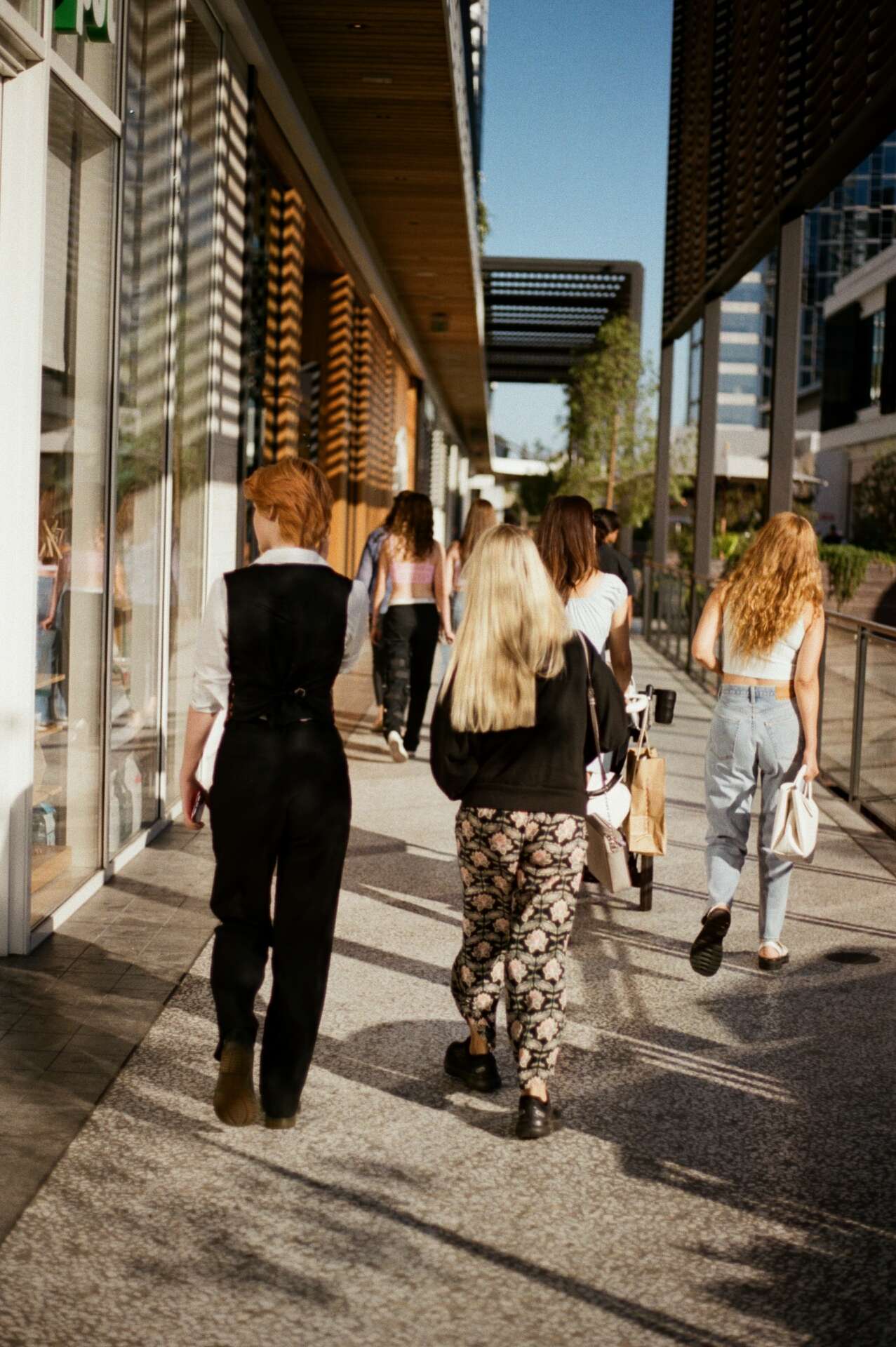
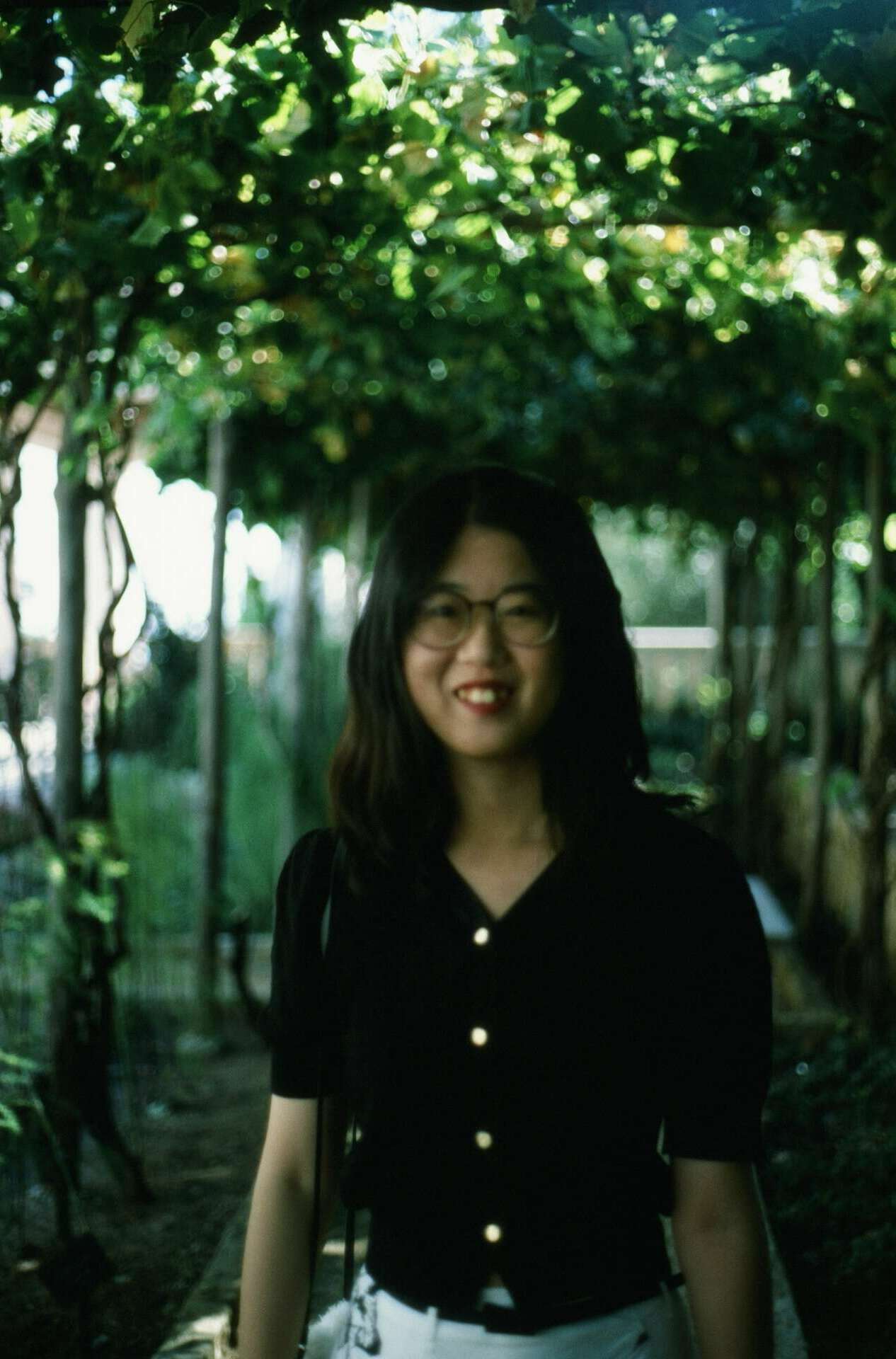
For you, what’s the most rewarding aspect of being a creative?
The most rewarding aspect is definitely let the story being heard by more people. I always believe everyone in our world is a gold mine, the reason we do things in a specific way reflects not only our life in the past, but also the pulse of the culture and the era – whether you’re in 18th century, 1920s, 1960s or now. It’s important and fascinating, even romantic to look at people’s story with curious and without judgeness, to see how broad and wide human’s life can be, and by doing that, I feel like I’ve lived several lives in my own life. To research and feel, and then express it out, to let others feel my feelings, is such an amazing emotional journey that I cherish so much – and it’s so rewarding to hear people telling me: I didn’t understand something, but now I see them.
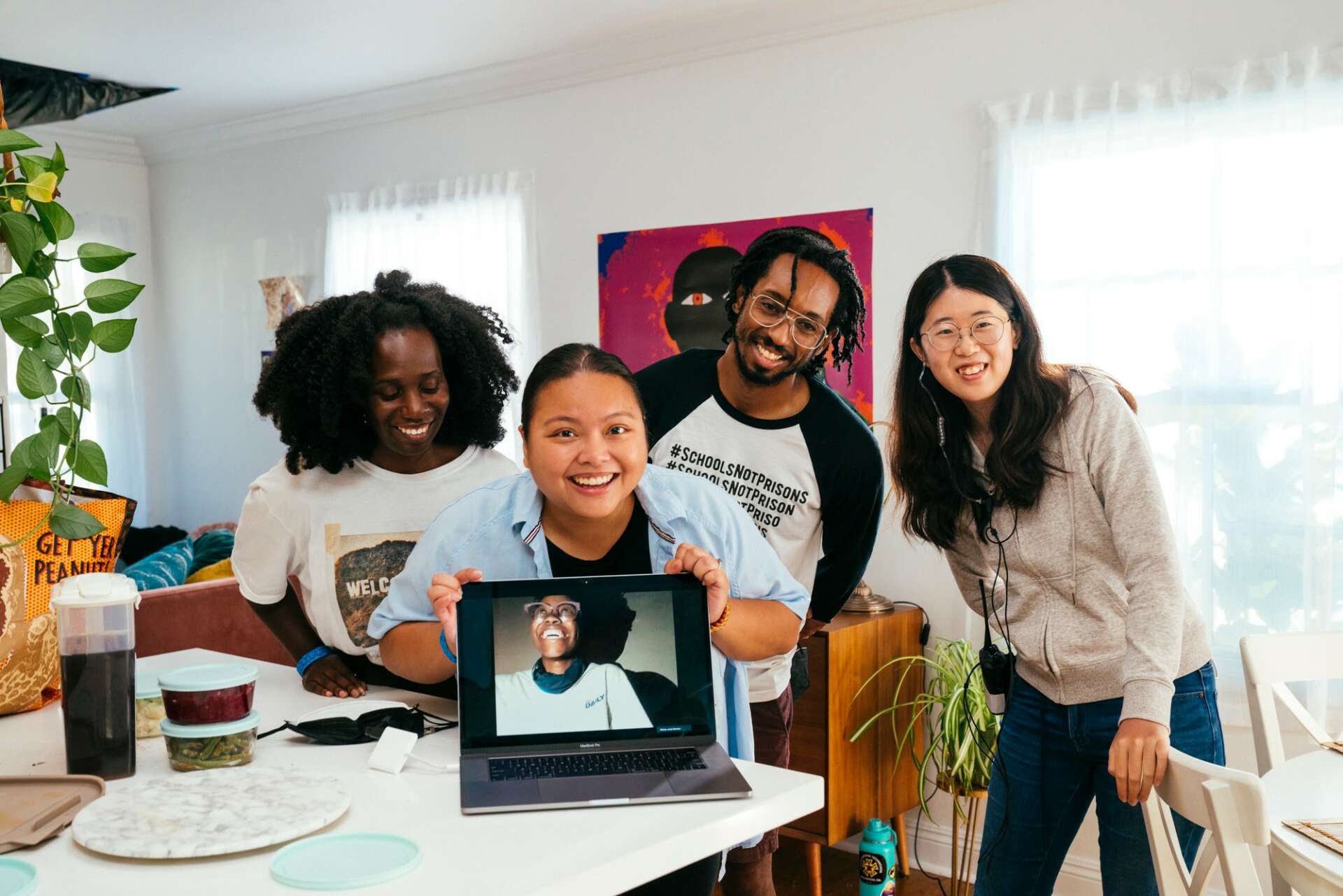
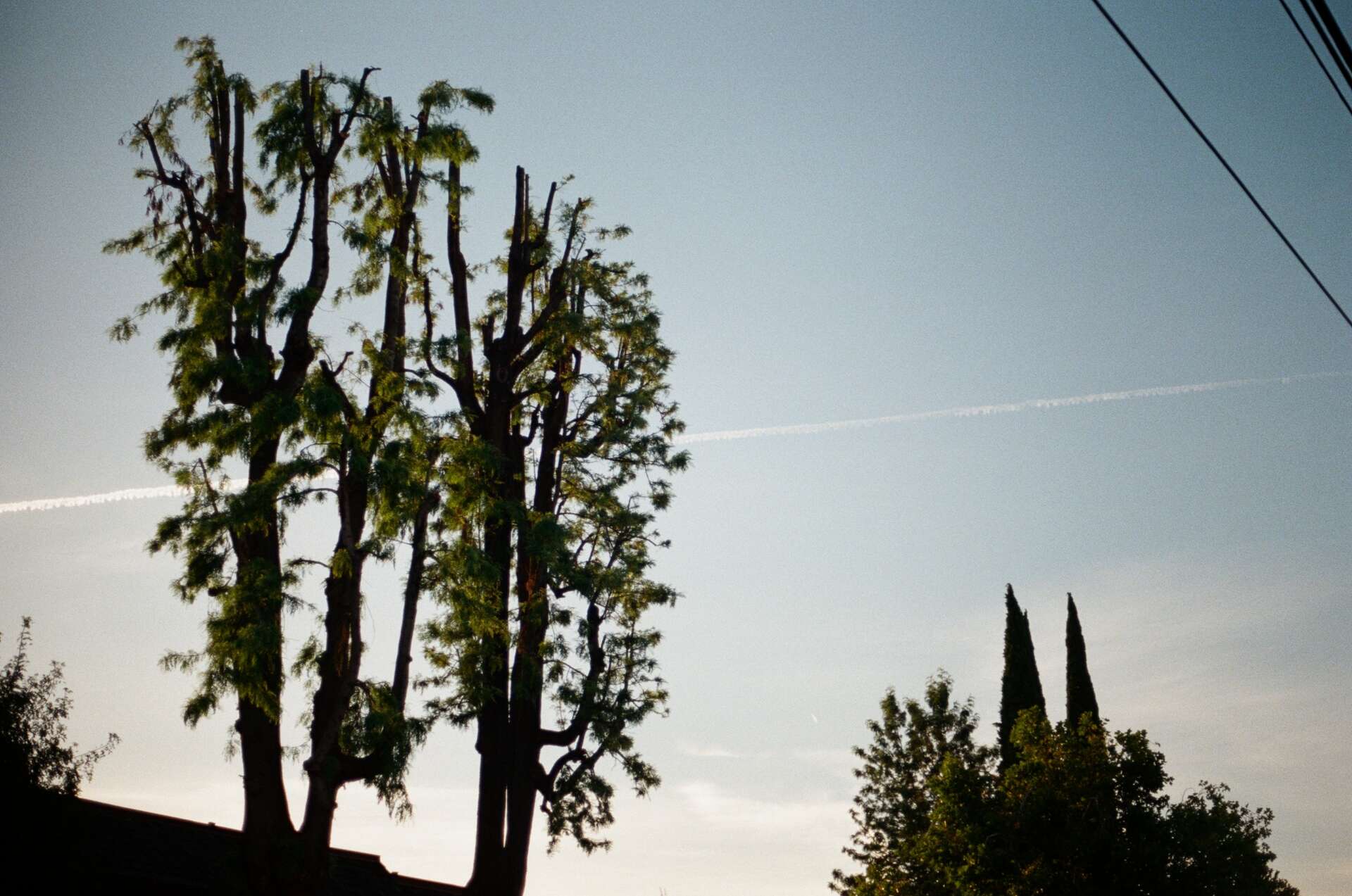
Contact Info:
- Website: editinglucia.com
- Instagram: @langyueqinyin
- Facebook: Ziyang Wang


